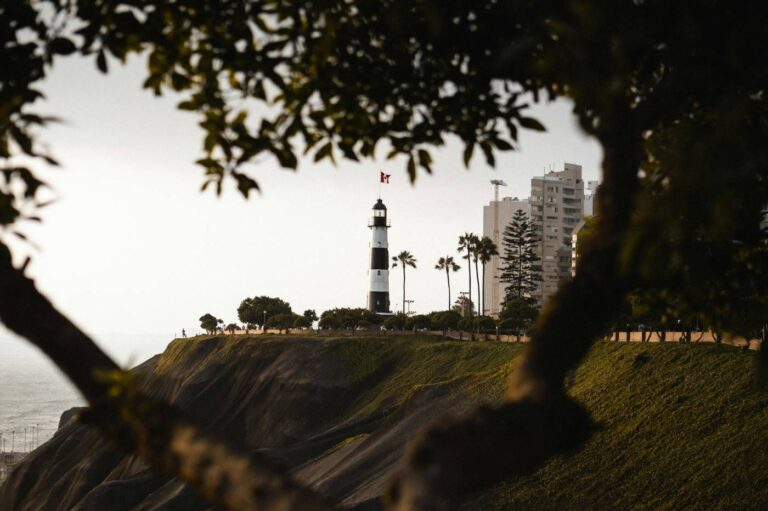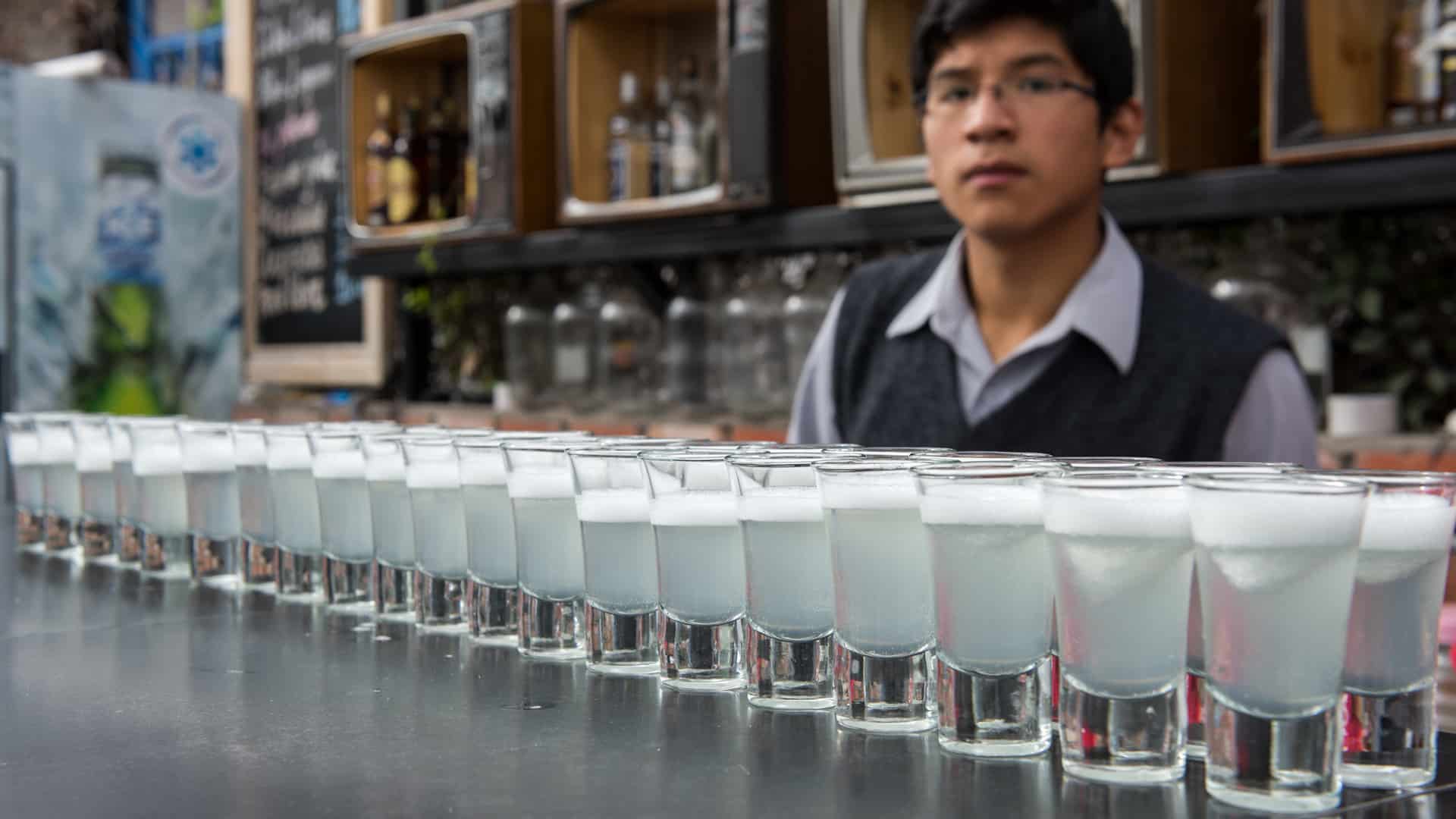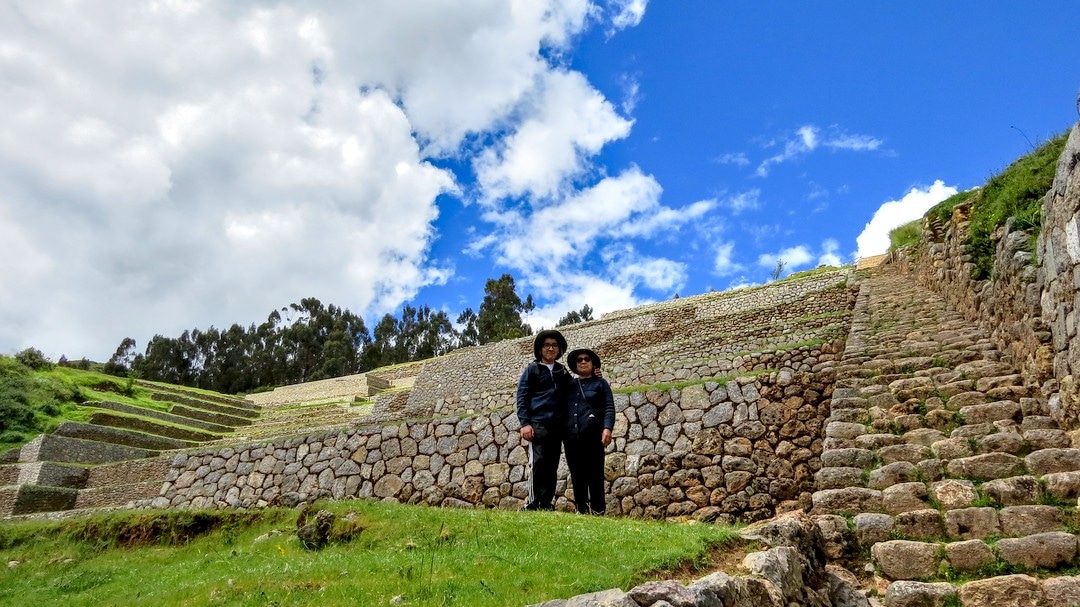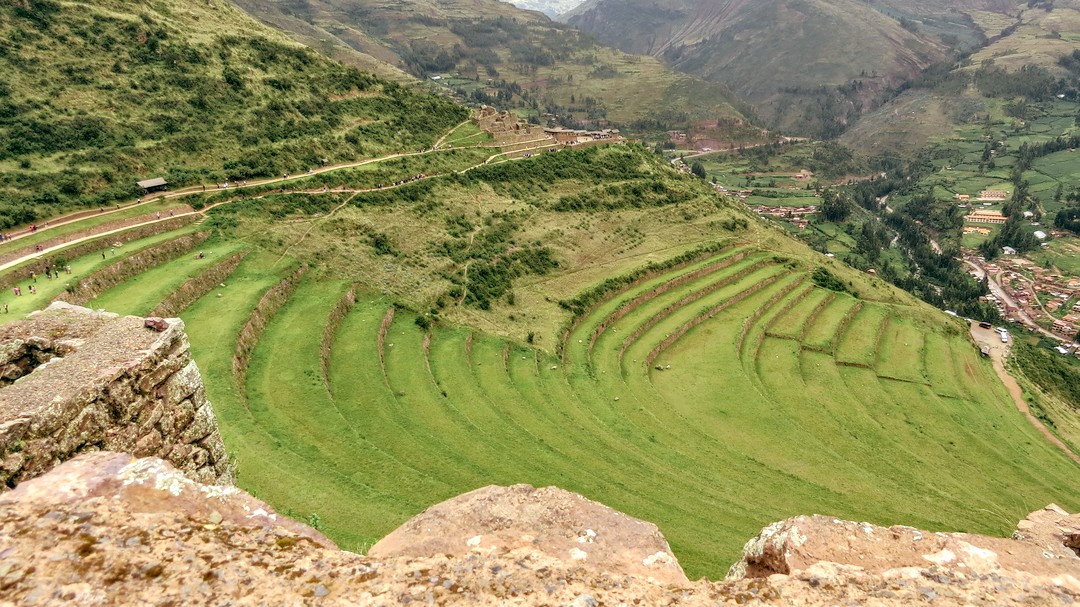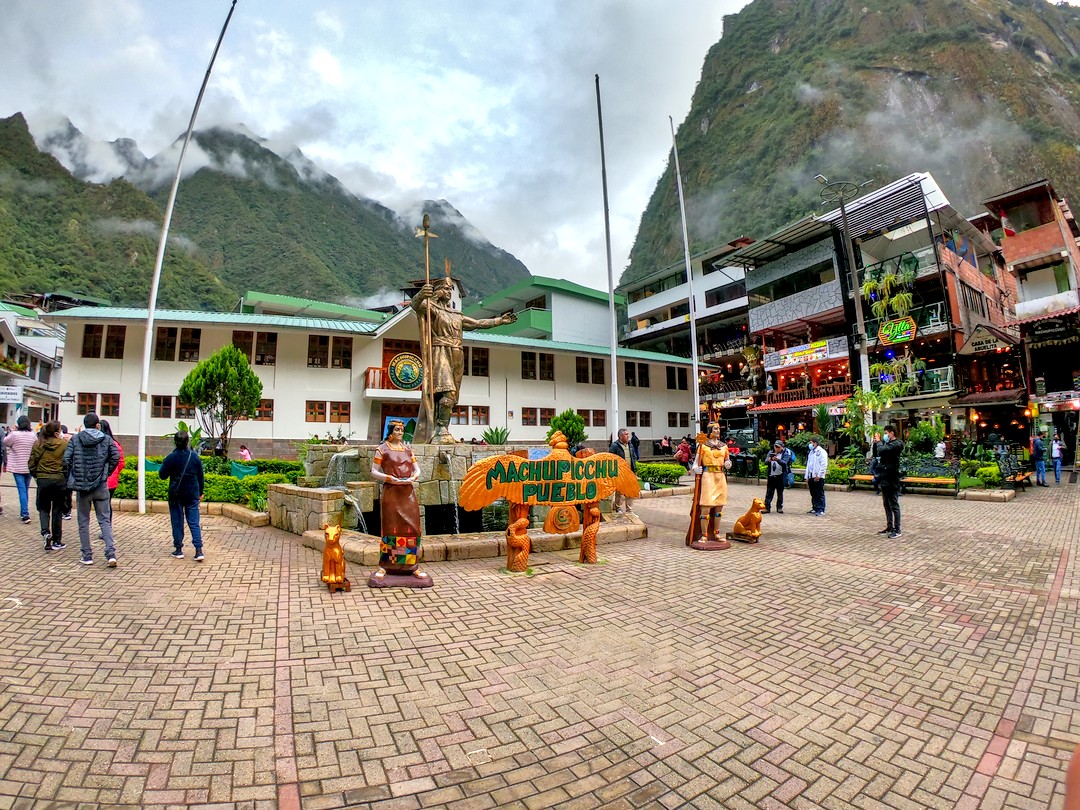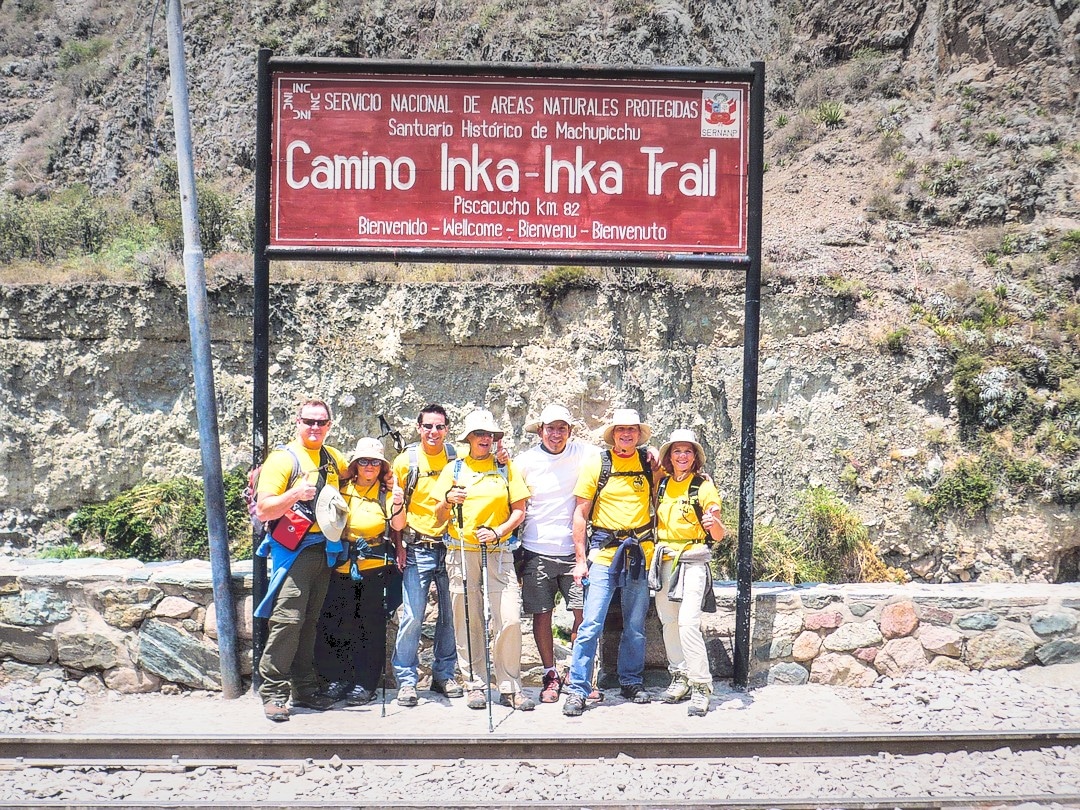Famous People from Peru
Peru, a land of rich history and vibrant culture, has been home to many extraordinary individuals who have shaped its destiny and left an indelible mark on the world. From courageous revolutionaries to visionary leaders, these famous Peruvians have demonstrated remarkable bravery, intelligence, and foresight. Their contributions have not only transformed Peru but also inspired generations. In this article, we explore the lives of four historical figures who played pivotal roles in Peru’s fight for independence and its cultural development, as well as three modern icons who continue to elevate Peru’s global presence.
San Martín de Porres: The Saint of Racial Harmony
Born in 1579, San Martín de Porres was the illegitimate son of a Spanish nobleman and a freed slave. Despite the racial prejudices of his time, he rose above societal barriers to become a symbol of compassion and equality. De Porres joined the Dominican Order, defying laws that restricted people of mixed race from becoming full members of religious orders.
He dedicated his life to caring for the sick, even transporting epidemic victims to his convent against orders. He also founded a home for orphaned children and tirelessly collected alms for the poor. His selfless acts earned him widespread admiration, and he was canonized as a Catholic saint in 1962. Today, San Martín de Porres is celebrated as the patron saint of racial harmony and social justice.
Túpac Amaru II: The Revolutionary Leader
José Gabriel Túpac Amaru, known as Túpac Amaru II, was a descendant of the last Inca ruler and a key figure in Peru’s fight against Spanish colonial rule. Educated in Europe and holding positions within the Spanish-led government, Amaru used his influence to advocate for the rights of indigenous Peruvians.
In 1780, he led a major uprising against the colonial government, becoming a symbol of resistance. Although his rebellion was ultimately crushed, and he and his family were executed, his legacy inspired future movements for independence. Túpac Amaru II remains a national hero, embodying the spirit of courage and the fight for justice.
José de San Martín: The Liberator of Peru
Although born in Argentina, José de San Martín played a crucial role in Peru’s independence. Alongside Simón Bolívar, he was a leading figure in the South American independence movement, which freed Argentina, Chile, Colombia, and Peru from Spanish rule.
On July 28, 1821, San Martín declared Peru’s independence and became its first leader, earning the title “Protector of Peru.” After guiding the country through its early days as a republic, he resigned and retired to France, leaving behind a legacy of freedom and leadership.
Ramón Castilla: The Architect of Modern Peru
Ramón Castilla y Marquesado was a soldier in Peru’s wars of independence and later served four terms as president. Known for his progressive policies, Castilla abolished slavery and introduced a new constitution that remained in effect until 1920.
His leadership brought stability and reform to Peru, laying the foundation for its development as a modern nation. Castilla’s commitment to justice and progress continues to inspire Peruvians today.
People of Recent Times: Modern Icons of Peru
While historical figures like San Martín de Porres and Túpac Amaru II shaped Peru’s past, modern Peruvians have made significant contributions to its present and future. Here are three contemporary icons who have brought global recognition to Peru:
Mario Vargas Llosa: The Literary Giant
Mario Vargas Llosa is one of Peru’s most celebrated authors and a Nobel Prize laureate in Literature. Known for works like The Time of the Hero and The Feast of the Goat, Vargas Llosa’s storytelling explores themes of power, identity, and social justice. His literary achievements have not only elevated Peruvian literature but also brought global attention to Latin American culture.
Gastón Acurio: The Culinary Ambassador
Gastón Acurio is a world-renowned chef and the face of Peruvian cuisine. Through his restaurants, including the famous Astrid y Gastón, Acurio has introduced the world to the flavors of Peru, blending traditional ingredients with innovative techniques. His efforts have made Peruvian cuisine a global phenomenon and boosted Peru’s culinary tourism.
Yma Sumac: The Voice of the Andes
Yma Sumac, born Zoila Augusta Emperatriz Chávarri del Castillo, was an internationally acclaimed soprano known for her extraordinary vocal range. Often referred to as the “Nightingale of the Andes,” Sumac brought Peruvian music to the world stage, captivating audiences with her unique style and powerful performances. Her legacy continues to inspire musicians and artists worldwide.
Conclusion
From historical heroes like San Martín de Porres and Túpac Amaru II to modern icons like Mario Vargas Llosa and Gastón Acurio, Peru has been shaped by extraordinary individuals who have left an enduring impact on their country and the world. Their stories remind us of the power of courage, creativity, and resilience. Whether through acts of bravery, literary genius, or culinary innovation, these famous Peruvians have made their mark on history and continue to inspire future generations.

